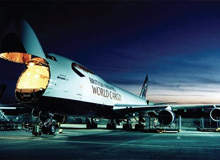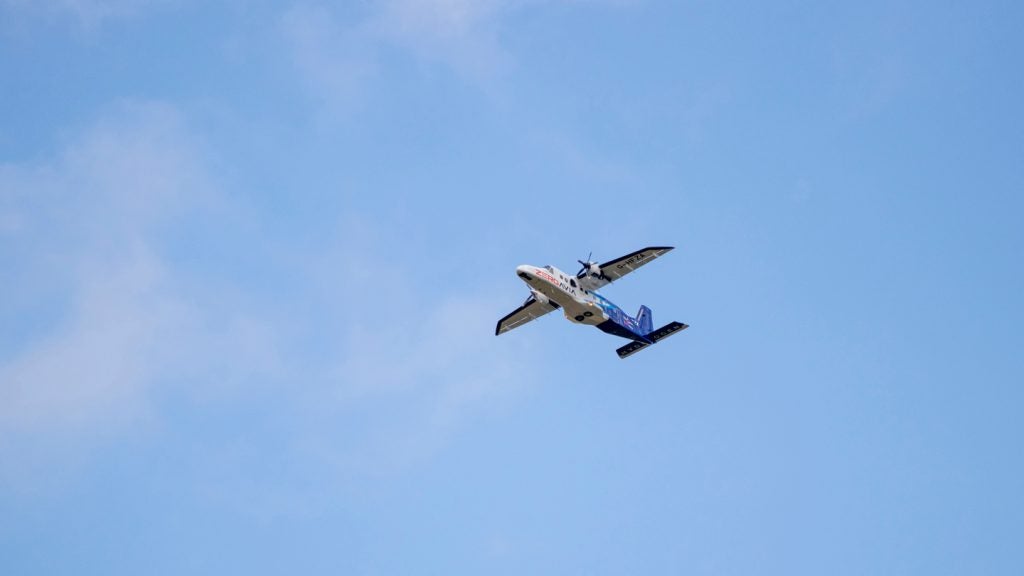
Cargo is a fundamental part of many airports’ business model; although it often goes unnoticed, the cargo industry far outstrips that of passenger airlines. Yet the current growth figures for the respective sectors indicate a market considerably affected by high oil prices. While these undoubtedly have an effect on passenger figures via ticket price increases, the viability of more cost-effective freight methods impacts directly on cargo figures.
The International Air Transport Association (IATA) recently announced traffic results for the first half of 2005 (January to June) showing an 8.8% growth in international passenger traffic and 3.4% growth for international freight.
Compared to 13.2% growth for the first half of 2004, the dramatic slowdown in freight growth for the same period in 2005 is indicative of a major problem for the sector: rising fuel prices.
"Extraordinary fuel prices are softening international trade," says Giovanni Bisignani, IATA’s director general and CEO. "The crisis in our industry continues. Our fuel bill this year will be $83bn – equal to the GNP of New Zealand and $39bn more than 2003. The fifth horseman of the apocalypse – the extraordinary price of fuel – is destroying our profitability. In 2004 alone airlines lost $4.8bn and we expect to lose another $6bn in 2005."
Average load factors for the first five months of 2005 remained high at 73.3%. In all regions, growth in demand outstripped supply. A 10% drop in the value of the euro against the dollar is changing the competitive environment on the North Atlantic even as North American carriers continue to shift domestic capacity to international markets.
"While parts of the industry are profitable, the margins are not acceptable for a $400bn industry," says Bisignani. "Urgent action is needed."
How well do you really know your competitors?
Access the most comprehensive Company Profiles on the market, powered by GlobalData. Save hours of research. Gain competitive edge.

Thank you!
Your download email will arrive shortly
Not ready to buy yet? Download a free sample
We are confident about the unique quality of our Company Profiles. However, we want you to make the most beneficial decision for your business, so we offer a free sample that you can download by submitting the below form
By GlobalDataHe adds, "The traffic results continue to show that the operating environment is volatile. IATA’s projection of a $6bn industry loss is looking optimistic and the need for continued cost reduction is critical."
WIDER ECONOMIC MALAISE
With 40% of the value of goods traded internationally being transported as air cargo, cargo traffic is a leading economic indicator. Cargo experienced negative growth in both February and May of this year.
Referring to the G8 Summit, Bisignani criticises proposals to tax aviation to generate funds for aid to developing nations. "Now is not the time to add new taxes to an industry that is already overcharged," he says. "Governments must stop thinking of air transport as a cash cow and understand the real value that we bring to the global economy. Connecting global markets is vital to development. Dampening demand by further taxing air transport makes no sense.
"Instead, let’s tear down the barriers to trade and give developing nation products access to developed markets." This fits with IATA’s overall agenda for change with governments that is centred on levelling playing fields and progressive liberalisation.
Of the previous European Commission’s policies, he says, "The previous Commission did not understand air transport and the vital role it plays. As a result, ineffective policy regulation and micromanagement is its legacy. The cost to Europe’s air transport industry is $7.6bn (€5.9bn) each year."







